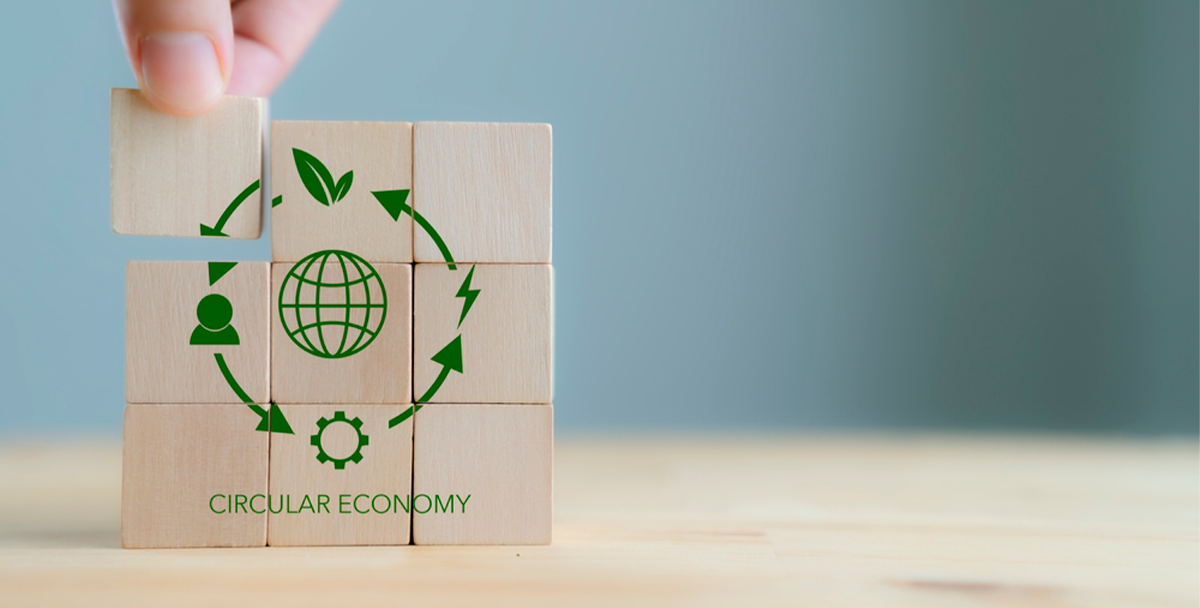
Creation date
What is Ethical Consumerism?
A circular economy model seeks to reduce waste and environmental impact by keeping materials within a closed-loop, where they can be used for as long as possible before being discarded.
This system begins at the manufacturing and supply level, with conscious product design and innovative frameworks for service provision. However, ethical consumerism is arguably the most important factor in creating a circular economy.
Ethical consumerism is the practice of choosing products and services with a focus on sustainability. Ethical purchasing aims to minimize the impact on the environment and the amount of waste produced.
Consumer Education and the Circular Economy
Ethical consumerism in the circular economy model not only offers sustainability benefits, but also directly benefits consumers.
A circular economy could serve to reduce the cost of goods and services, improve product quality and reduce obsolescence, and improve health through a circular food system. In order for consumers to understand these benefits and the steps they can take to participate in the circular economy, ethical consumerism education is a necessity. Within the circular economy framework, ethical consumerism can take many forms.
Consumers may choose to access tools and appliances that aren't needed on a daily basis through a sharing model rather than owning them outright. Alternately, consumers may decide to purchase more durable quality products and repair them instead of replacing them.
Further ethical habits include redistributing, like selling or donating unwanted items, and recycling materials that can no longer be reused. Through consumer education, these ethical practices of the circular economy can become more widespread.
